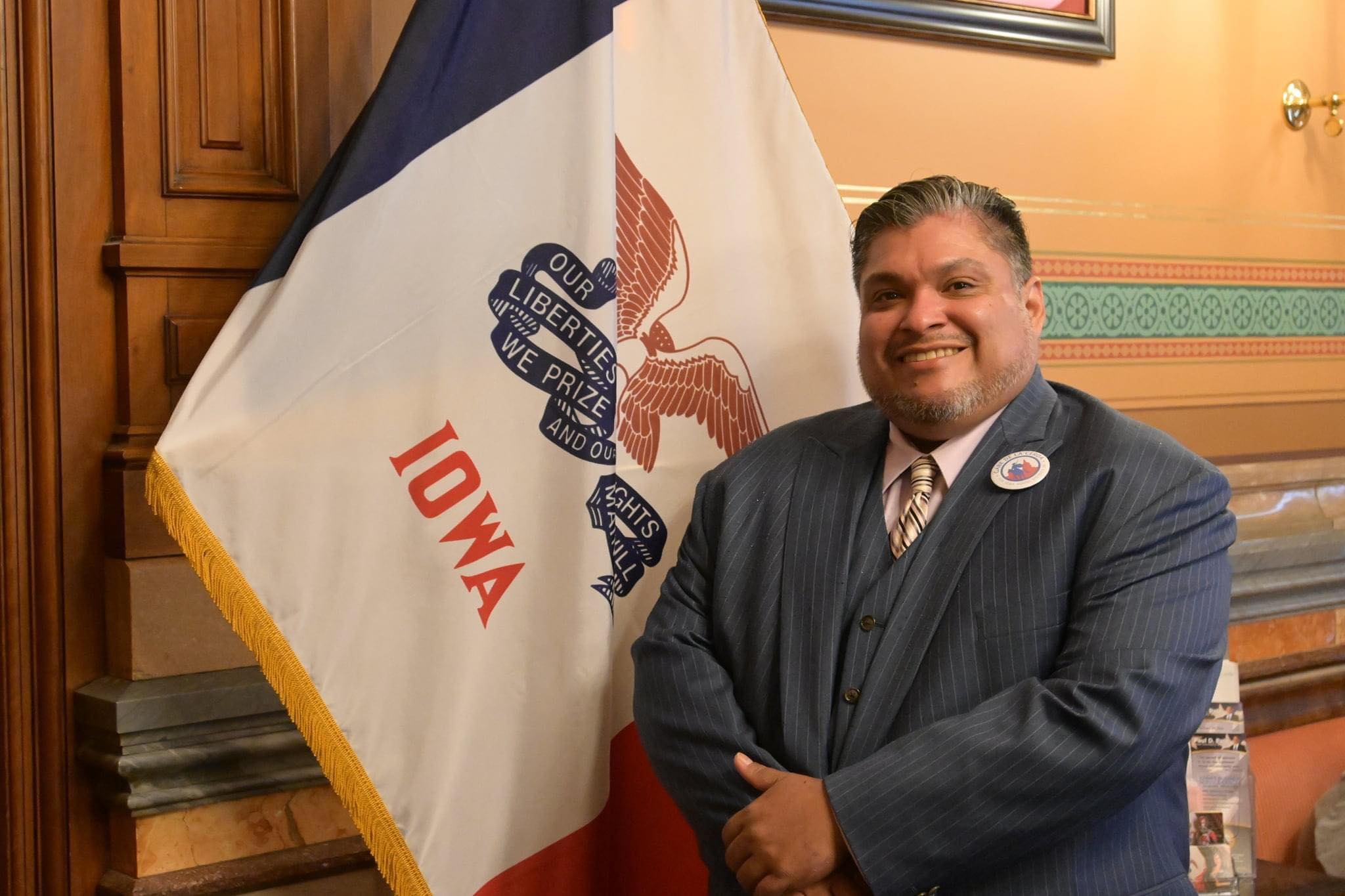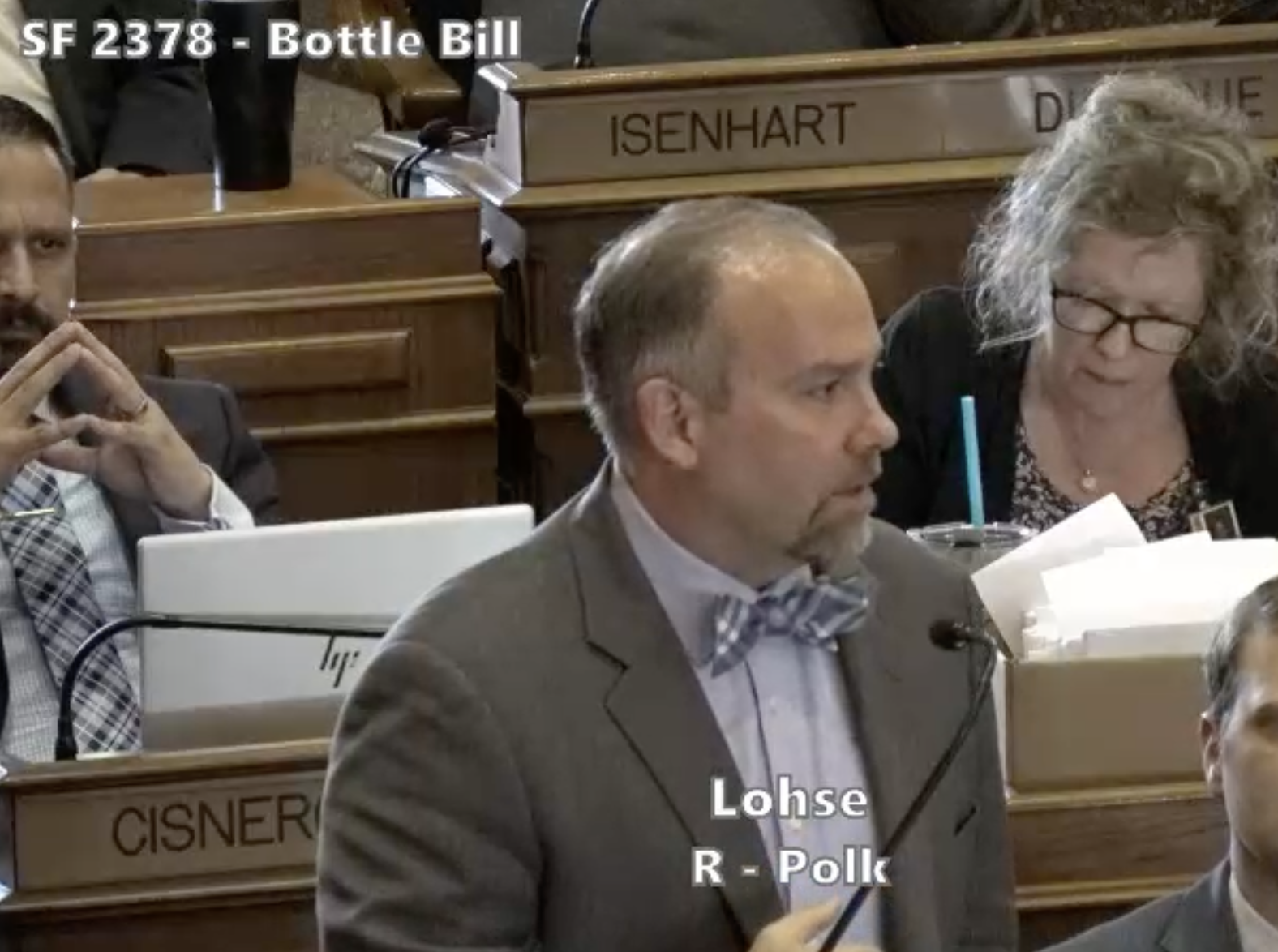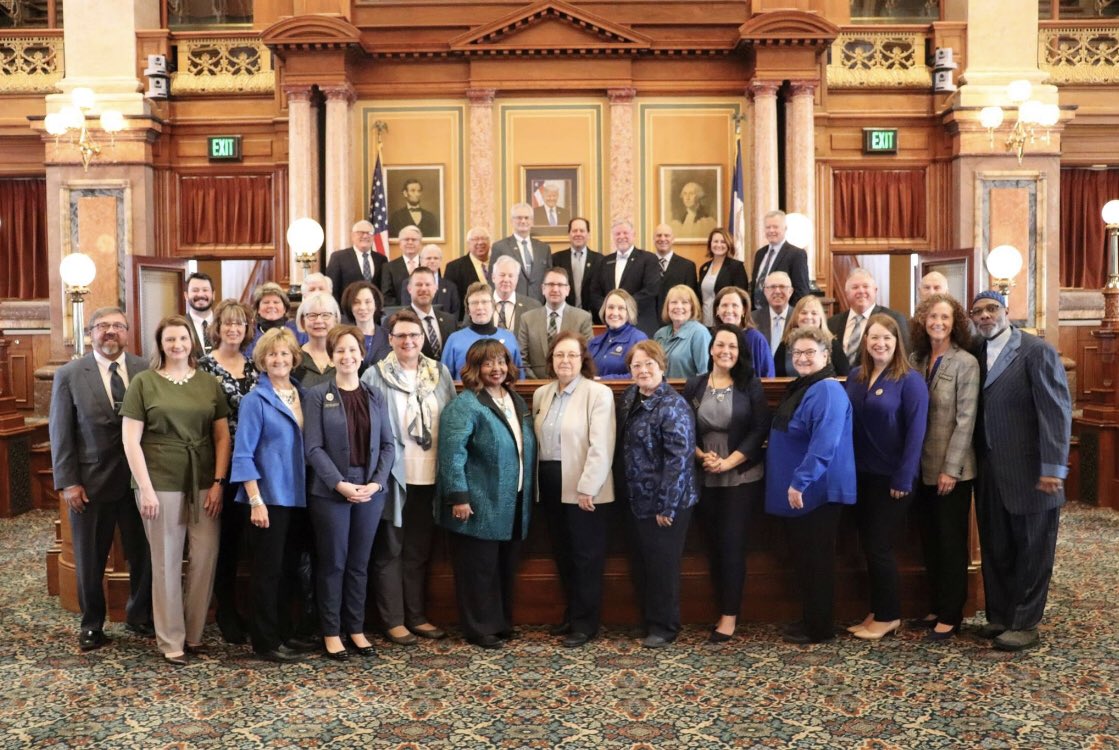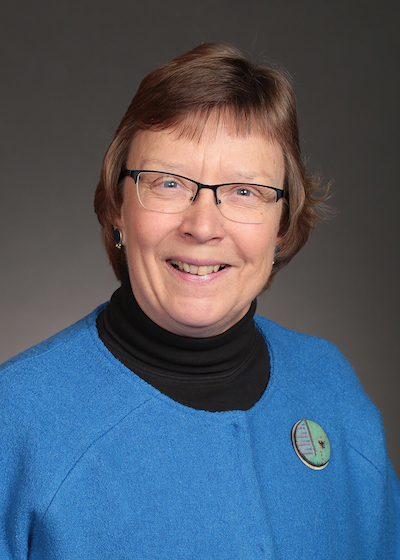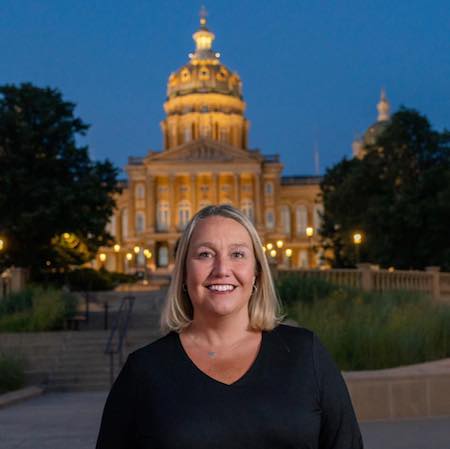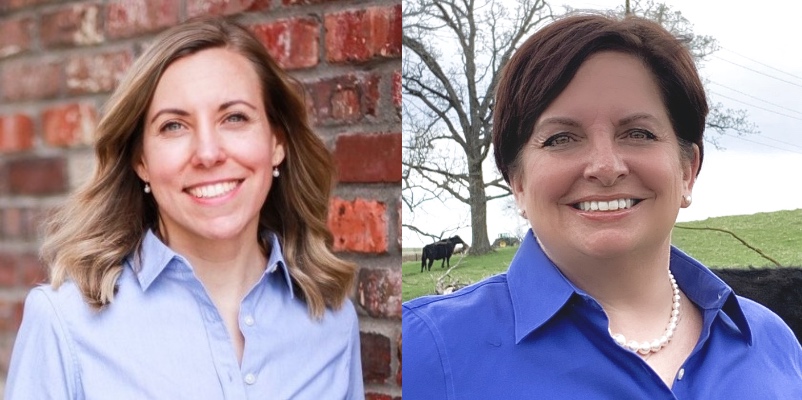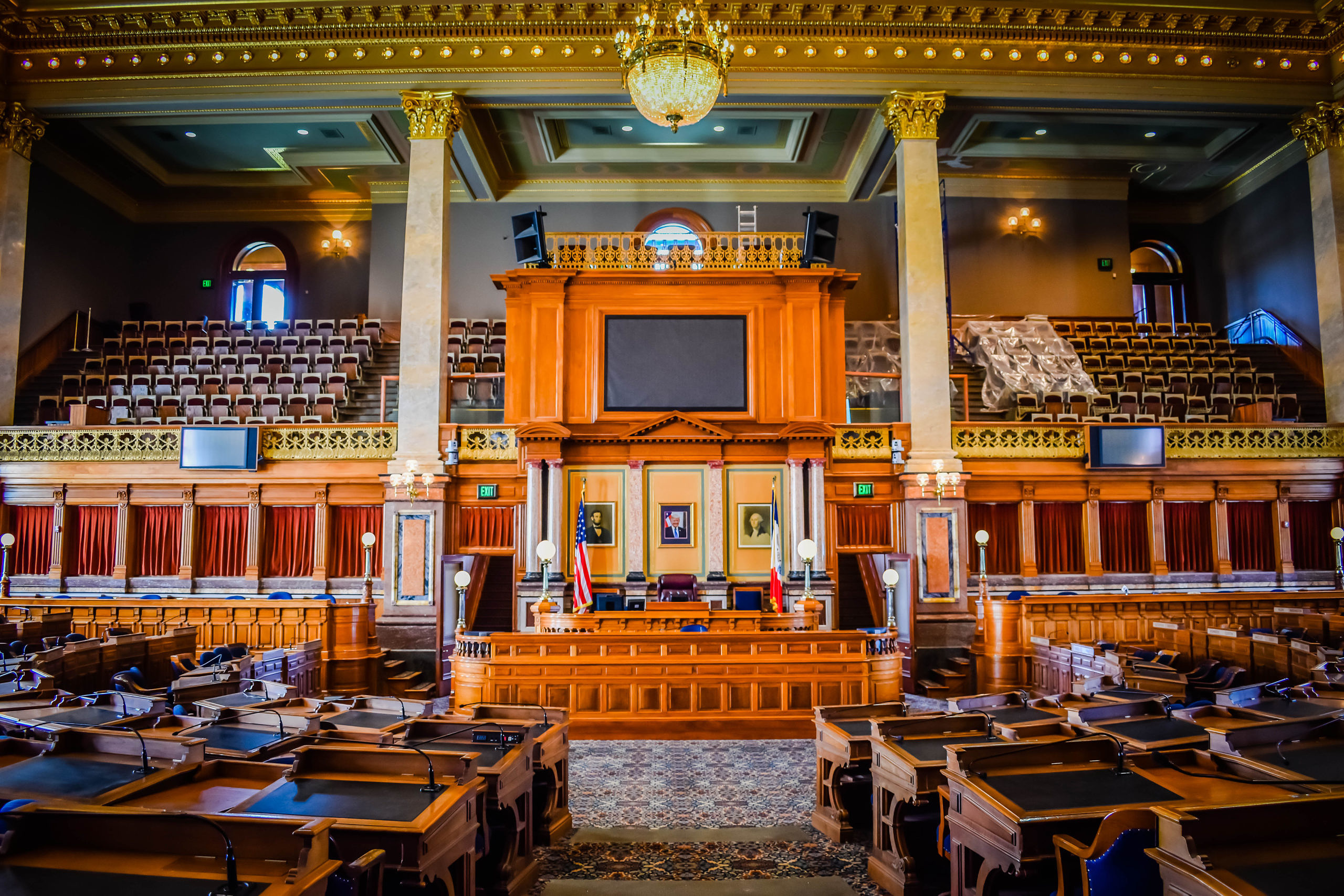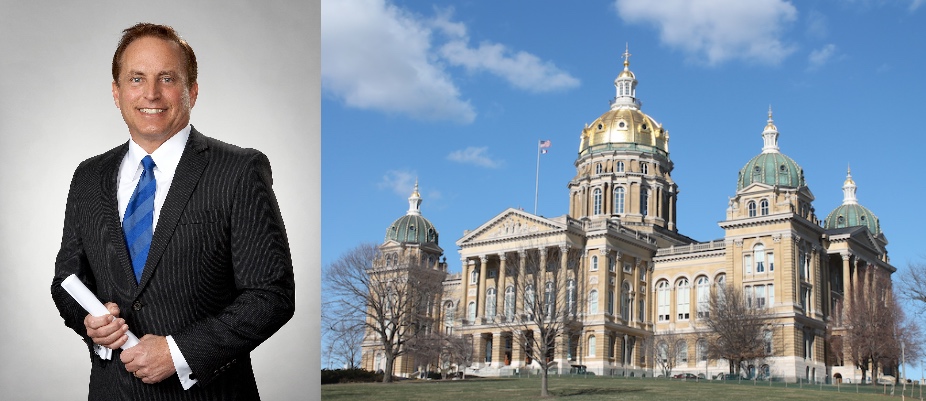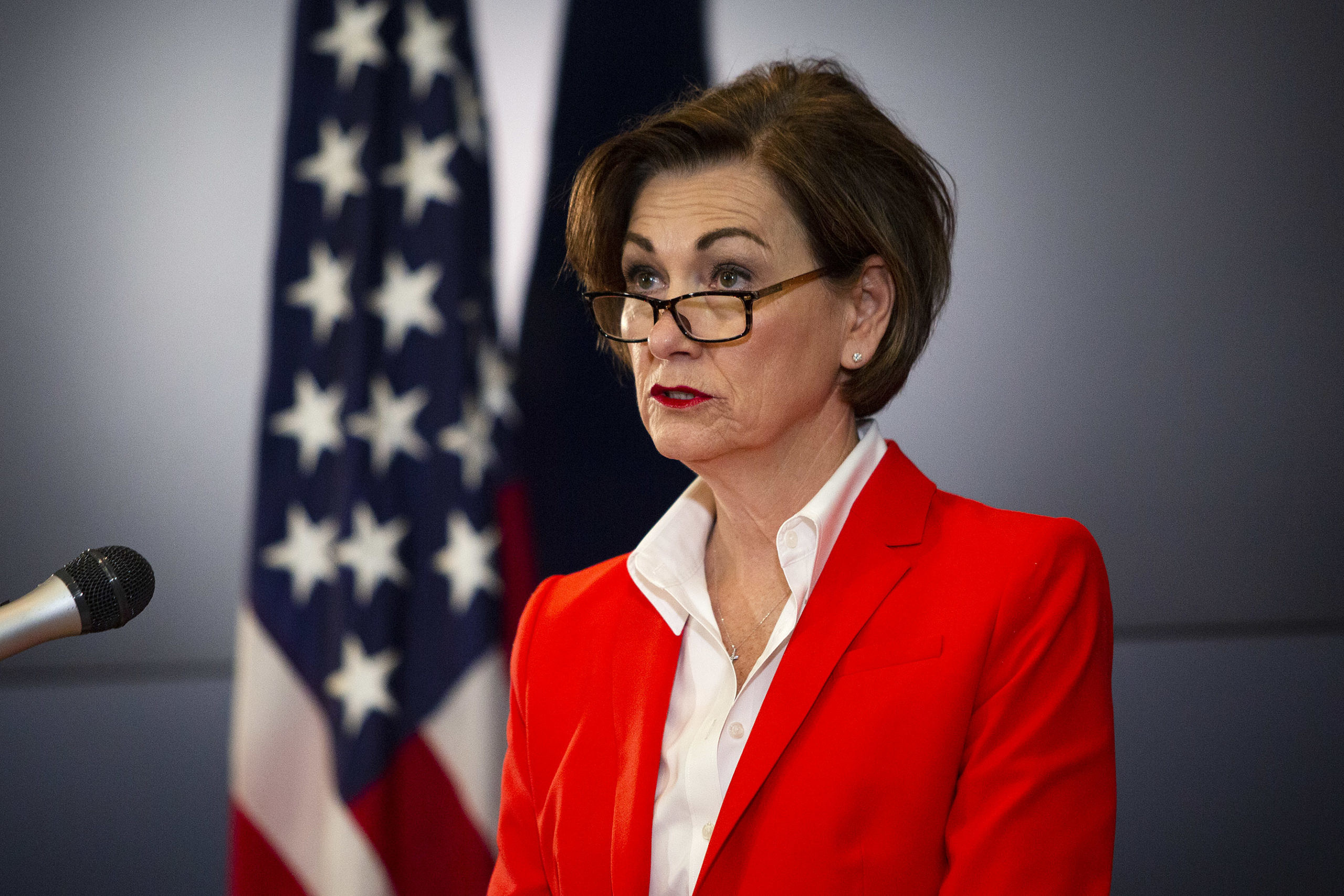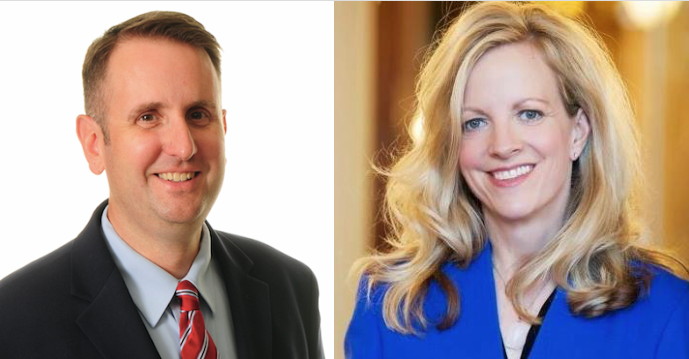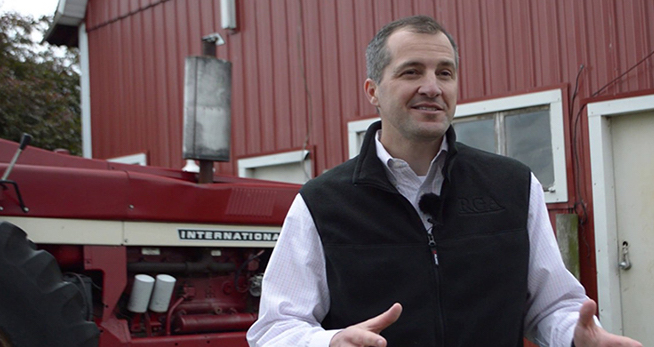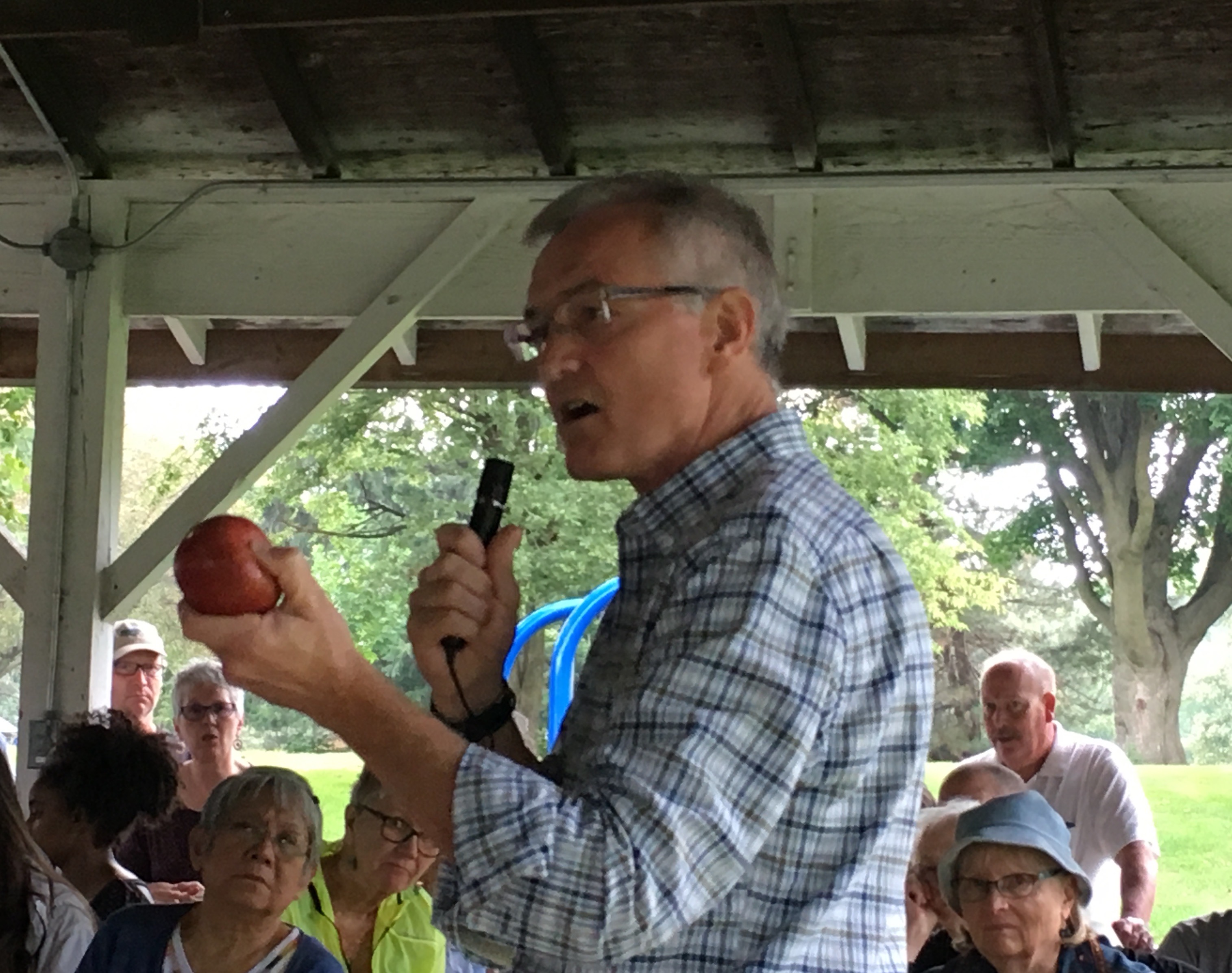UPDATE: I’ve added unofficial results for each race.
Iowa Democrats have more competitive state legislative primaries in 2022 than in a typical election cycle. That’s partly because quite a few House and Senate members are retiring, and partly because the redistricting plan adopted in 2021 created some legislative districts with no incumbents.
In most of the races discussed below, the winner of the primary is very likely to prevail in November. However, a few of the districts could be targeted by one or both parties in the general election.
All data on past election performance in these districts comes from the Iowa House and Senate maps Josh Hughes created in Dave’s Redistricting App. Fundraising numbers are taken from the Iowa Ethics and Campaign Disclosure Board’s database.
This post is not an exhaustive account of all contested Democratic primaries for state legislative offices. You can find the full primary candidate list here.
Continue Reading...

